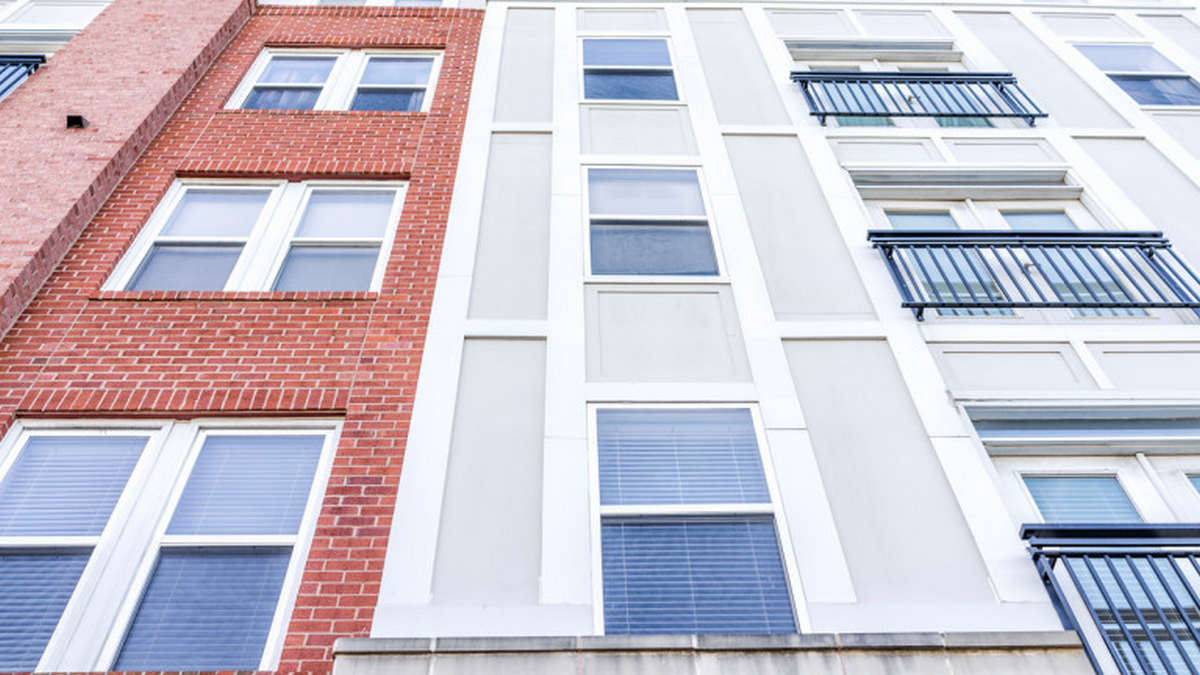Rising real estate prices are forcing people around the world to give up the dream of their own home. And the consequences of this are worrying and challenging for governments.
The pandemic has given impetus to this phenomenon, and it affects not only potential buyers of real estate, but also tenants in many large cities. As a result, there is inequality in the ability to buy and rent real estate, which affects the entire population, writes Bloomberg in the analysis of the problem.
“We are witnessing how part of society finds itself in isolation because it cannot afford to live in one place or another. It is happening in London, Paris, Rome, and unfortunately we are already seeing it in Berlin,” he said. Mayor of the German capital Michael Mueller.
Politicians are under pressure due to a growing problem, and to try to solve it, they are trying different approaches – from limiting rents to increasing the tax burden on property owners, the nationalization of private property and the conversion of empty offices into apartments.
In South Korea, for example, President Moon Jae-in’s party lost the election this year after failing to cope with soaring apartment prices in Seoul. Since 2017, they have grown by 90 percent.
China, for its part, has imposed tough restrictions on the real estate sector this year. Prices for apartments in the Chinese Flint Valley – Shenzhen are 43.5 times higher than the average salary of a city resident.
In Canada, Prime Minister Justin Trudeau has promised to impose a two-year ban on foreigners buying real estate in the country as soon as he is re-elected.
Overall, the pandemic has pushed global housing prices to a new high over the past 18 months, driven by ultra-low interest rates, lagging construction amid growing demand, and fewer homes for sale.
“What we’re seeing is an important event that can’t be overlooked,” wrote Don Leighton, former CEO of mortgage giant Freddie Mac.
“In the United States, nominal real estate prices are more than 30% higher than the previous market peak after 2000,” he said.
“Current mortgages could be the basis for the next economic crisis if interest rates start to rise,” warns Niraj Shah of the Bloomberg Economics. According to him, there are alarming signs that have not been on the agenda since the previous crisis of 2008.

